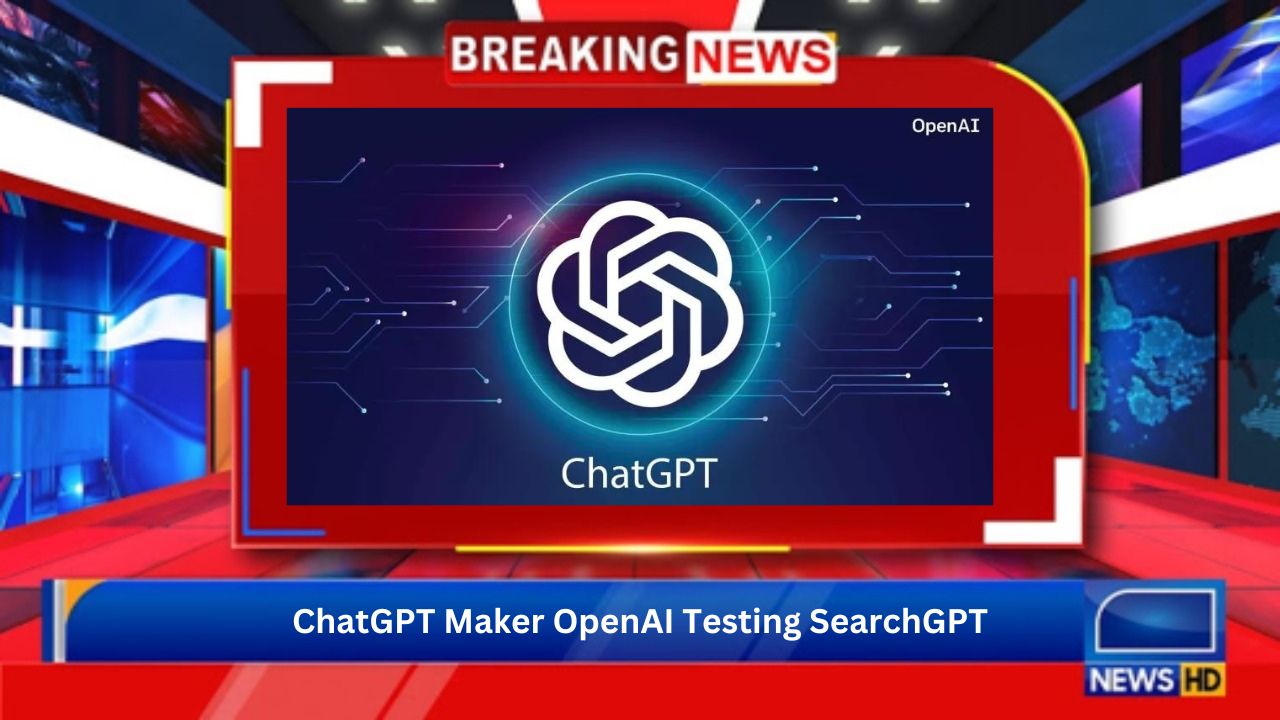The startup that gave us access to ChatGPT, OpenAI, has revealed SearchGPT, a brand-new AI-powered search engine that may eventually challenge Google and Bing.

The company says the new search features are “designed to combine the strength of our AI models with information from the web” to offer “fast and time answers with clear and relevant sources.”
With “shared context building with each query,” SearchGPT allows users to ask follow-up questions and provide immediate answers to their searches via links to the source, in contrast to more conventional search engines like Google and Bing.
According to OpenAI, SearchGPT aims to “assist users in connecting with publishers by prominently citing and linking to them in searches.” The AI-generated results also provide attribution information, allowing users to understand the source of the content. When you search for music festivals, for instance, the search engine summarizes the results and provides links to the sources of the material in addition to a brief synopsis of the event.
Sites that have chosen not to participate in generative AI training may also show up in search results, the company says, adding that SearchGPT is “about search and is separate from training OpenAI’s generative AI foundation models.”
According to OpenAI, the SearchGPT prototype is only meant to be used temporarily before ChatGPT is connected with it. The AI-driven search engine, which is powered by the GPT-4 family of models, will start with a limited user base of 10,000 test users.
OpenAI’s SearchGPT could pose a serious threat to Alphabet’s hegemony and AI-powered search engines like Perplexity, which was recently under fire from publishers for allegedly copying their work even though the publishers had made it clear that the content was not available for scraping. This is because Google uses AI Overviews in search results to keep users from switching to another search engine.